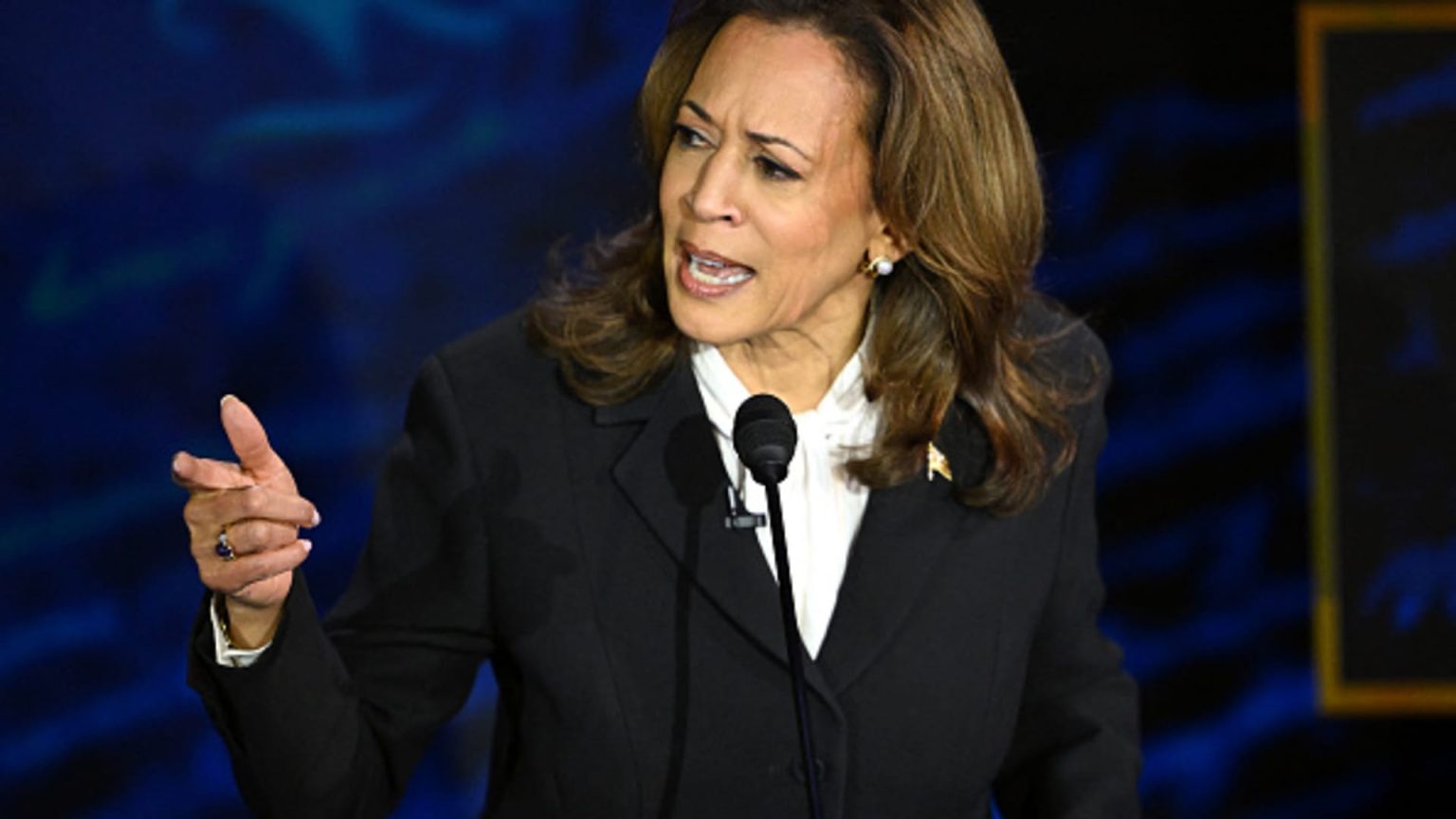During the presidential debate hosted by ABC News, Donald Trump and Kamala Harris clashed on China policy. Trump defended his recent vows to increase trade duties, including imposing blanket tariffs of 10% to 20% and additional tariffs of 60% to 100% on China. He argued that other countries should pay back the United States for all it has done for the world, and that his administration had taken in billions of dollars from China through these tariffs. He also noted that the Biden-Harris administration had kept most of the tariffs in place, including raising tariffs on $18 billion worth of Chinese goods in May, such as semiconductors and electric vehicles.
Trump downplayed concerns about his proposed tariff increases leading to higher prices for consumers, stating that China and other countries that have been taking advantage of the U.S. economy for years would be the ones to see price increases. In response, Harris criticized the Trump administration for being weak on China, pointing out that it had resulted in a trade deficit, one of the highest in American history. She accused Trump of inviting trade wars and selling American chips to China to help them modernize their military. Harris emphasized the importance of U.S. policy towards China being focused on ensuring that America wins the competition for the 21st century, by investing in American-based technology and supporting the American workforce.
Economists and policy experts have predicted that in a second term, Trump’s economic policy towards China would continue to focus on heavy trade tariffs. On the other hand, Harris is expected to prioritize targeted restrictions coordinated with U.S. allies in dealing with China. Trump’s stance on increasing tariffs and holding China accountable for its trade practices contrasts with Harris’s emphasis on building relationships with allies and investing in American technology to secure America’s position in the global competition. The debate between Trump and Harris highlighted the differing approaches they would take towards China if elected to office.
Overall, the discussion on China policy during the debate demonstrated the divergent views of Trump and Harris on how to address the economic and strategic challenges posed by China. Trump favored a more aggressive stance through increased tariffs, while Harris advocated for a more strategic approach that involves working with allies to counter Chinese influence. The debate underscored the importance of China as a key issue in U.S. foreign policy and highlighted the contrasting visions of the two candidates on how to navigate the complex relationship with the world’s second-largest economy. The outcome of the election will likely have significant implications for U.S.-China relations and the future of global economic dynamics.


